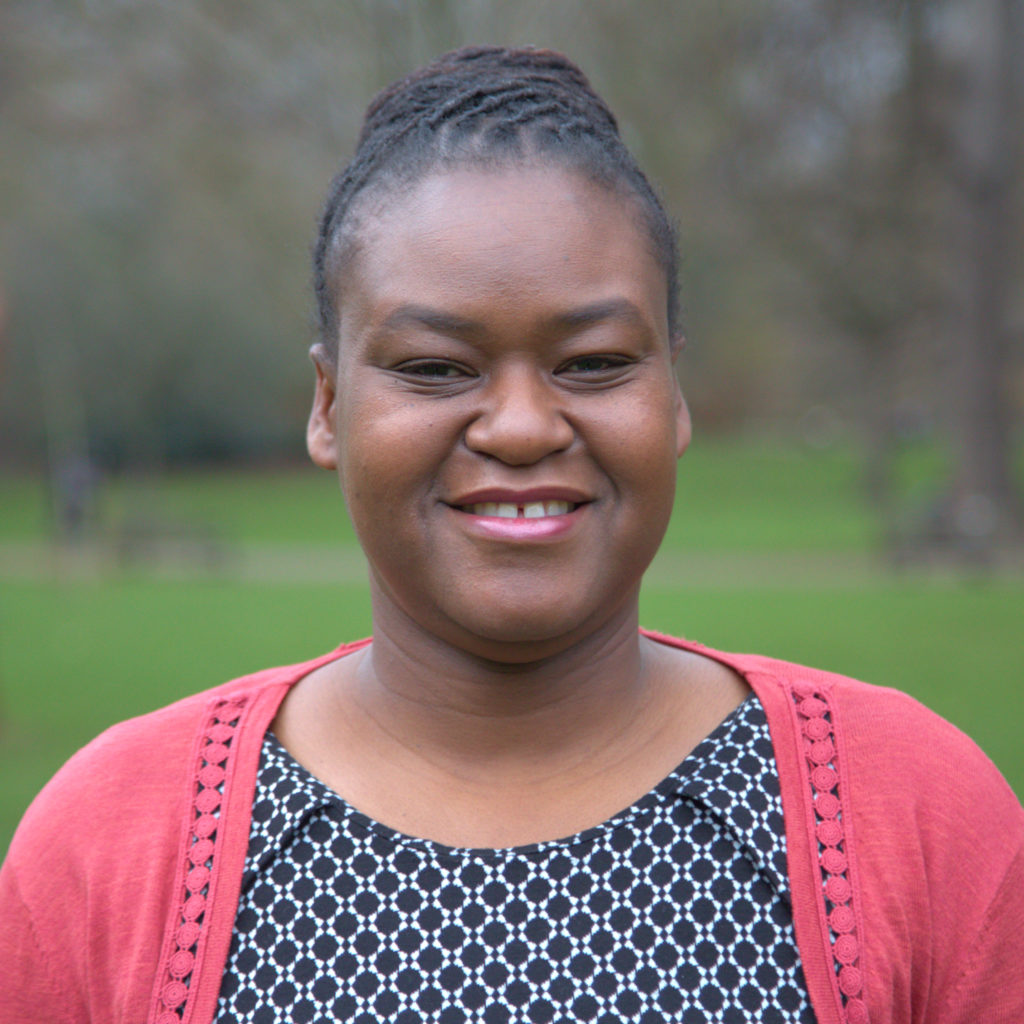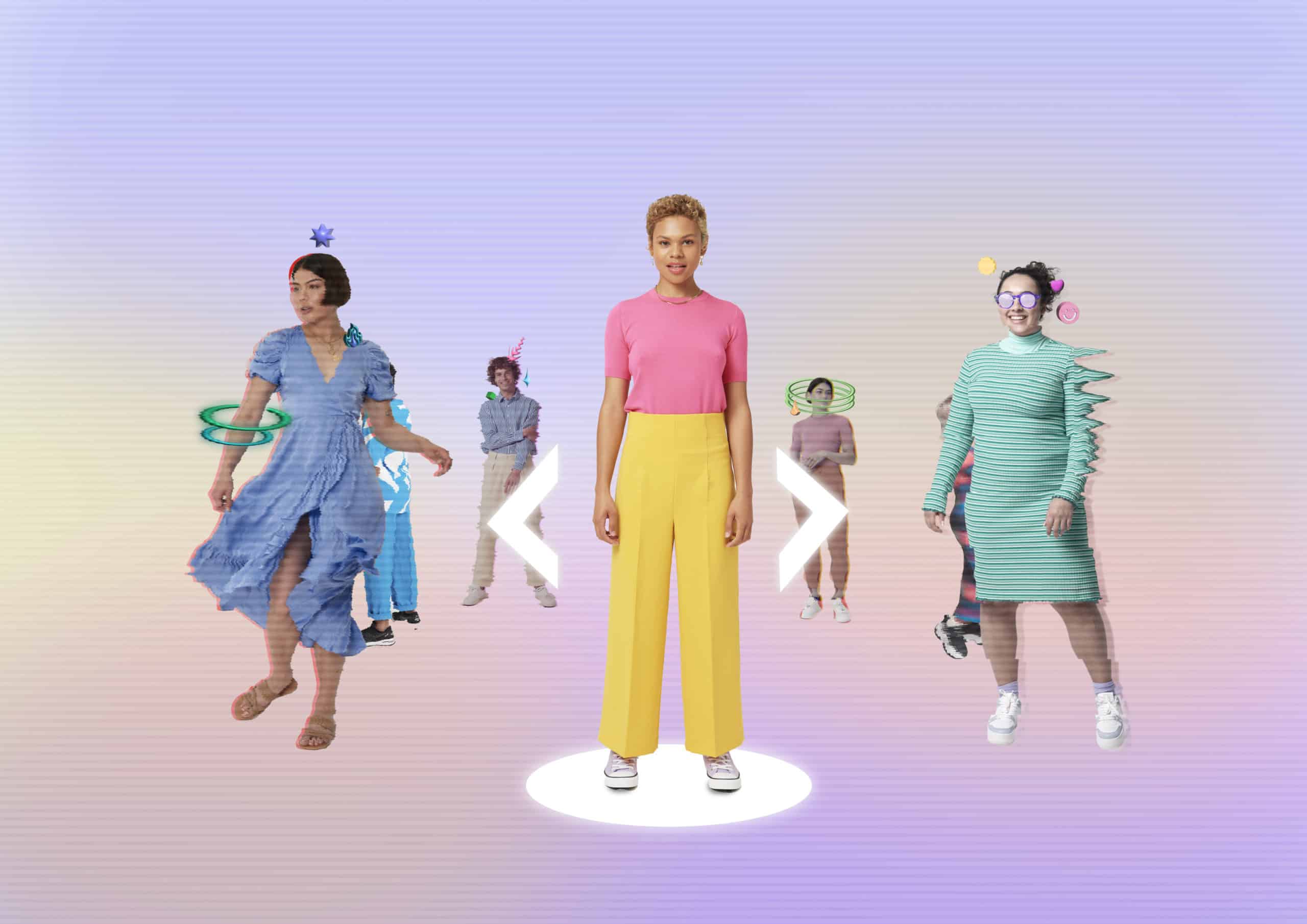Addressing sexual exploitation and abuse in the digital ecosystem.
The hype around the development of the metaverse, an immersive digital space that will take real-world experiences online and blur the line between physical and virtual, is palpable. Accounting organization KPMG predicts that by 2030, we might be spending more time in the metaverse than in the real world. In a survey conducted by Pew Research and Elon University in North Carolina, more than half of the technology experts responded that by 2040, they expect the metaverse to be a fully-immersive, well-functioning aspect of daily life for half a billion people (or more) around the world.
But for many, the excitement around the world’s digital future is something that should be approached with caution. Women, in particular, have been known to experience gender-based violence in the form of online harassment. One study from the Economist Intelligence Unit uncovered that 85% of women have experienced or witnessed online violence, with 38% of women reporting personal experiences with online violence and 65% reporting knowing of other women who were targeted online.
If women are already su-fering a disproportionate amount of abuse online, will they be safe in the metaverse?
In 2022, the Alliance for Universal Digital Rights (AUDRi) was formed by two international gender equality and advocacy organizations, Equality Now and Women Leading in AI. For over 30 years, Equality Now has been campaigning for legal and systematic change to address violence and discrimination against women and girls around the world but what they soon came to realize is that the sexual exploitation and abuse they were working against stopping in the physical space could be manifested online.
“People are using the internet to replicate and amplify the same sort of violence; [what] we’re seeing in the physical space is being played out in the digital space. It’s growing at an alarming rate just because of the nature of the internet,” says Tsitsi Matekaire, Equality Now’s Global Lead of End Sexual Exploitation.
Born in Zimbabwe, Matekaire has worked with women’s rights organizations throughout Africa, providing legal aid services to women affected by domestic violence.
“Looking at the legal frameworks, we didn’t realize that if we focus our research so narrowly on sexual exploitation and abuse, we sort of miss the bigger picture because this is happening in the digital ecosystem.” Working with a network of women in technology, AUDRi is calling for an international standard that will address women and girl’s rights in the digital space grounded in international human rights law.
More than a game
The studies around avatar gender-swapping in the online gaming space are eye-opening. To avoid toxic sexual behavior, female players choose a male avatar to avoid being harassed.
Wai Yen Tang, a researcher from the University of Amsterdam, found that in gaming culture, women are often harassed because they are perceived as an outside and intrusive minority.
“Women don’t participate to the extent that they should because they have serious concerns around safety. The result is self-censorship, where you don’t want to bring out your true identity,” says Maitekaire. “We are a diverse community but as a woman, you’re operating as a white male because that attracts less harassment. There are black women, cisgender women, trans women… all of that can get lost if people have that fear.” In addition, it’s all too easy for the abuse can easily jump from digital to physical – in April 2023, a man in California was arrested for sexually abusing a 14-year old girl he met playing a popular kids gaming app – which is exactly why organizations like AUDRi are so needed.

“WE ARE A DIVERSE COMMUNITY BUT AS A WOMAN, YOU’RE OPERATING AS A WHITE MALE BECAUSE THAT ATTRACTS LESS HARASSMENT.”
“We really wanted to look at that digital dimension and assess the impact it would have on human rights and human vulnerability so we are advocating for policies at a global level,” says Matekaire. “Even on a national level, we have to show governments what they need to be thinking about to ensure rights are protected within that space.”
For Matekaire, the urgency is now because as the technology is being developed, policy frameworks need to be created to keep up. “There’s a dilemma because things are moving quickly and policies can also be future-proofed to anticipate the risks,” she adds. “We need to ensure that in the design stage we are building in those principles of equality, of safety, of human rights, for people with disabilities and those in the LGBTQ community. We have to anticipate these different aspects before or as the technology is designed.”
An economic opportunity
Be it education or healthcare, throughout the continent, there has been interest on a governmental level in how the metaverse can be best utilized. Egypt, for example, launched MetaTut at the end of 2022.
MetaTut is a virtual city created to celebrate Egyptian culture and take the country’s heritage into the digital age. It’s not only a virtual tourist destination but a place where people can meet others and even conduct business.
“African governments are looking at the metaverse as an opportunity to advance their economies but have they anticipated the risks?” asks Matekaire.
Considering the potential impact of the metaverse, AUDRi is urging governments, regulators and big tech companies to consider the rights of those who remain marginalized online. They’re calling for guidelines to be established that measure the impact on the human rights of vulnerable groups as well as best practices when it comes to design.
“And we need governments involved because ultimately governments are the ones that are responsible for people’s rights,” she adds. “As AUDRi, what we’re really talking about is a global approach – global policies and laws that countries can derive their national laws and policies from.
